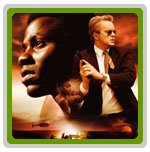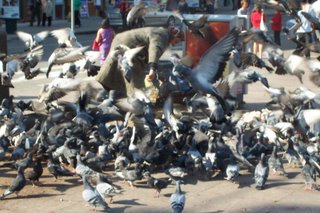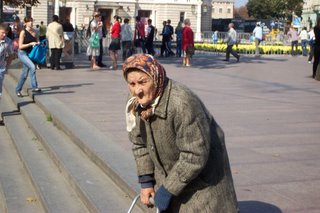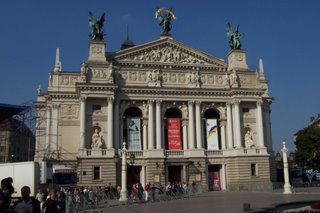CATCH A FIRE

Julie and I saw "Catch a Fire" last night. Here is a brief statement of one reviewer of the movie:
"This is a true story about South African family man, Patric Chamusso (Derek Luke) who is an oil refinery foreman and he teaches soccer as well during the hectic days of the 1980's. All he wants is a happy life with his family and he's happy with what he has. He has found happiness and peace. But when he along with his wife are jailed without much explanation, Patrick could not take it. After being beaten and harassed for unexplained reasons, he decides to fight back. He chooses to fight back for what the CIA has taken away from him, his happiness. He joins an organization [the so-called terrorist group called the ANC--African National Congress--] and fights back until he realizes that the system itself is corrupt. He is being sought by CIA agent Nic Vos (Tim Robbins) who interrogated him during his arrest. Then begins a furious action thriller with striking results."
Because the story is true in the context of apartheid, suspicion, moral dilemma, brutality, bravery and love, the conclusion is astounding. I will say no more than this. "Catch a Fire" is a hard, yet redemptive story.
See my friend's, Bill Kinnon's, review of "Catch A Fire" and read his comments to my review (click "comments" below).







